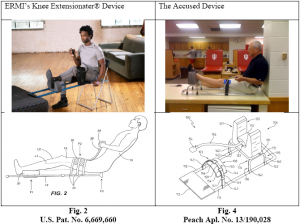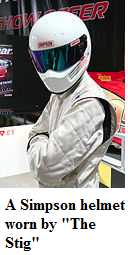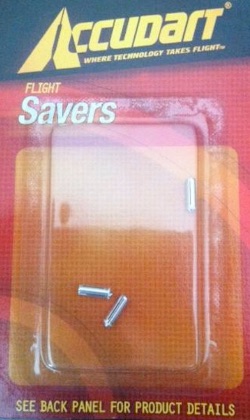Indianap olis, Indiana – Attorneys for Plaintiff, ERMI LLC (“ERMI”) of Atlanta, Georgia, filed suit in the Southern District of Indiana alleging that Defendants, Clyde Peach, Jr., (“Mr. Peach”) d/b/a Indiana Brace Co Inc., d/b/a, Clyde Peach LLC, d/b/a Peach Medical, LLC of Indianapolis, Indiana, willfully infringed its rights in United States Patent No. 6,669,660 (the “‘660 Patent”) for “Orthotic Apparatus and Method for Using Same.” ERMI is seeking damages, costs, attorneys’ fees, pre-judgment and post-judgment interest, and any other relief the Court deems proper.
olis, Indiana – Attorneys for Plaintiff, ERMI LLC (“ERMI”) of Atlanta, Georgia, filed suit in the Southern District of Indiana alleging that Defendants, Clyde Peach, Jr., (“Mr. Peach”) d/b/a Indiana Brace Co Inc., d/b/a, Clyde Peach LLC, d/b/a Peach Medical, LLC of Indianapolis, Indiana, willfully infringed its rights in United States Patent No. 6,669,660 (the “‘660 Patent”) for “Orthotic Apparatus and Method for Using Same.” ERMI is seeking damages, costs, attorneys’ fees, pre-judgment and post-judgment interest, and any other relief the Court deems proper.
According to the Complaint, Dr. Thomas P. Branch (“Dr. Branch”) while practicing as a board certified orthopedic surgeon with TREX Orthopedics, P.C., invented the orthotic apparatus claimed in the ‘660 Patent. Dr. Branch allegedly assigned all rights to the continuation patent application that led to the issuance of the ‘660 Patent to ERMI. The ‘660 Patent expired on August 10, 2019. ERMI claims it produces and sells the ERMI Knee Extensionater® device that is covered by the claims of the ‘660 Patent and marked with the ‘660 Patent number.
ERMI claims Mr. Peach filed a provisional followed by a non-provisional patent application (the “Peach ‘028 Application”) for a Knee Extension Therapy Device in July 2010 and July 2011, respectively. The Peach ‘028 Application was allegedly rejected by the United States Patent and Trademark Office on August 2, 2013 citing a number of patent references including the ‘660 Patent. ERMI claims the Peach ‘028 Application became abandoned on September 11, 2014 and that “Mr. Peach had actual notice of the ‘660 Patent no later than August 2, 2013.”
 Indiana Intellectual Property Law News
Indiana Intellectual Property Law News





